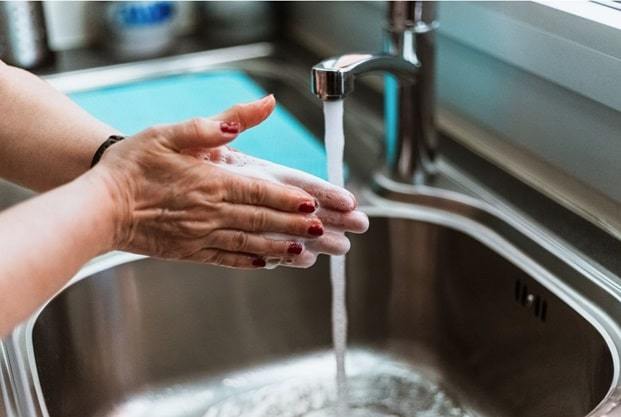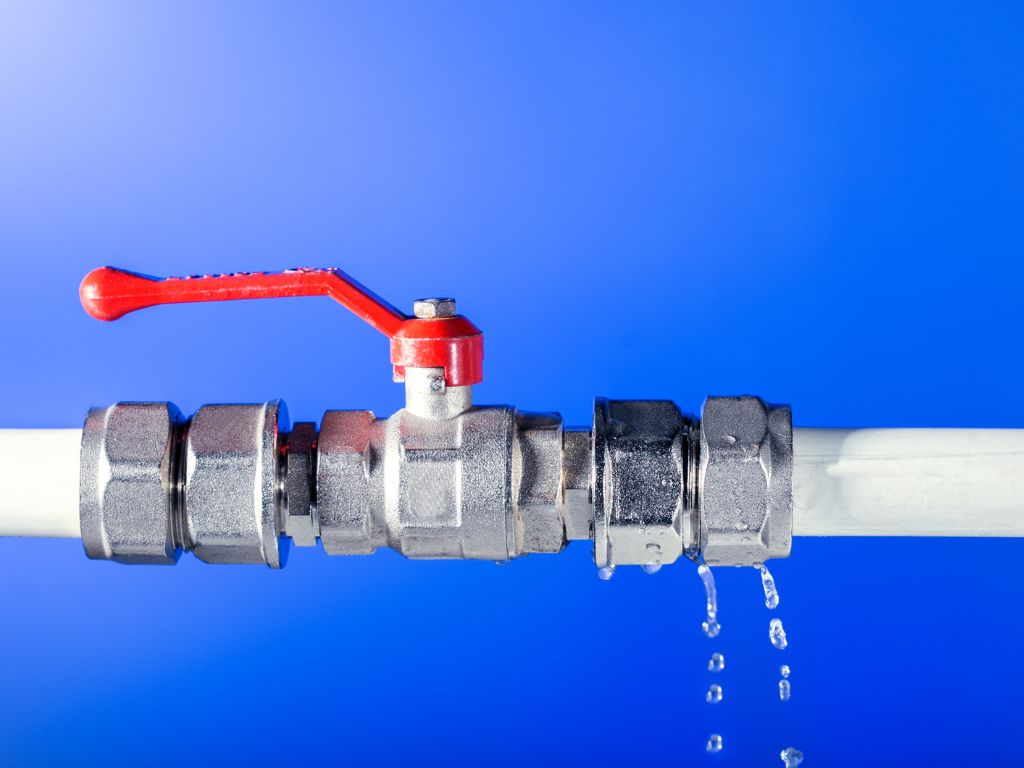Fast Fixes for Plumbing Emergencies: What to Do Until Help Arrives
Fast Fixes for Plumbing Emergencies: What to Do Until Help Arrives
Blog Article
The article which follows pertaining to What to Do While Waiting for an Emergency Plumber is exceedingly remarkable. You should read it.

Pipes emergencies can strike any time, creating tension and possible damage to your home. Whether it's a burst pipeline, a blocked drainpipe, or a leaky tap, recognizing exactly how to take care of the situation up until a specialist plumber arrives can save you from more complications. This short article gives important emergency pipes pointers to help you alleviate damages and regain control during a plumbing crisis.
Shut off the Water
The first step in any type of plumbing emergency situation is to shut down the water supply. For localized problems, such as a leaking faucet or commode, turn off the valve near the component. In the case of a major leakage or ruptured pipe, find your home's major water shut-off valve and turn it off promptly. Knowing the location of these shutoffs ahead of time can save important time throughout an emergency situation.
Address Small Leaks with Short-term Repairs
Tiny leakages can quickly end up being substantial troubles if left unchecked. Utilize these momentary solutions until professional assistance shows up:
While these fixes aren't permanent, they can help lessen water loss and damage.
Unclog Drains Pipes Securely
A clogged up drainpipe can be an aggravating and untidy problem. Here's how to tackle it:
If these methods don't function, stay clear of utilizing too much force, as it may get worse the clog.
Take Care Of Overflowing Toilets
An overflowing toilet can cause prompt disorder. Right here's what you ought to do:
Turn off Your Hot Water Heater
In certain emergencies, such as a burst pipe, it's important to shut down your water heater. This stops getting too hot or damage to the unit when water stops streaming. Turn off the power supply to the water heater (electrical or gas) and allow it cool down to stay clear of prospective hazards.
Briefly Quit a Ruptured Pipeline
A burst pipeline can lead to considerable water damages in minutes. To reduce the concern:
Call a specialist plumbing professional immediately to address the problem permanently.
Handle Frozen Pipeline Meticulously
In cooler climates, icy pipelines are a common emergency. If you presume an icy pipe:
Avoid Additional Damage
Taking quick activity to decrease damages can save you time and money over time. Below's just how:
. Have an Emergency Plumbing Kit
Prepare a basic plumbing emergency kit to deal with small issues efficiently. Your set must include:
Having these devices handy can make a substantial distinction in your capability to handle emergency situations.
Know When to Call an Expert.
While quick fixes can assist briefly, specific plumbing issues require prompt professional attention. Call a plumbing if:.
Without delay speaking to an expert guarantees the issue is resolved appropriately and stops additional complications.
Verdict.
Pipes emergencies can be overwhelming, yet with the ideal knowledge and devices, you can handle the circumstance effectively till assistance arrives. By switching off the water system, resolving little leakages, and utilizing short-term solutions, you can lessen damage and maintain your home safe. Keep in mind, these tips are temporary remedies; always consult an accredited plumber to manage the root cause of the issue. Preparation and fast thinking are your ideal allies in any type of plumbing emergency situation.
8 Helpful Tips for Managing Plumbing Emergencies at Home
If your plumbing system hasn’t failed once, wait for it because almost everyone has a story to tell. Sometimes, it could be simple emergencies such as a leaking pipe, a blocked cistern, or even a big burst pipe. In situations like this, you need to have some handy tips to save you some money and from possible damages.
Take care of minor issues early.
Sometimes, you could have avoided an emergency by taking proactive measures while it was still early. Some major plumbing emergencies can be a result of an ignored minor issue. We recommend that you have items like plumbing tapes and other related items. A plumbing tape can allow you to manage minor leaks before the plumber arrives.
Cut off the water supply.
This tip is essential in almost any type of leakage problem. For problems like minor leakages in the toilet or kitchen, turn off the supply that takes water to the affected pipes. If the leakage is a major pipe, you must shut off the supply valve to the entire building. This will help you avoid flooding your home and neighbors if you share a flat.
Know your plumbing system
Folks typically move into a new apartment without understanding the water supply around the building. This can prove disastrous if a water emergency arises and the plumber is far away. The previous tip will prove useless if you don’t practice this one. More importantly, know where your water shut-off valve is located – you’ll need that knowledge to prevent potential home floods.
Have some common handy tools
There are lots of plumbing emergencies that you can handle without hiring a plumber. That’s why you must keep some tools available always. Some tools that you can use to fix simple plumbing emergencies easily include plumbing tapes, screwdrivers, thread seal tapes, plungers, pliers, tape measures, and rubber gloves.
Insulate your pipes from cold
You’ll save yourself from many plumbing expenses if you protect your water pipes from the cold. This is because of the harmful effects that cold weather can have on your pipes. During winter, your pipes can burst from being overly expected to freezing temperatures. So, make sure insulators are there to keep the pipes working correctly.
Avoid practices that will clog your toilet.
Many people indulge in practices that can damage the plumbing system of the entire building. One of these is when they use their toilet to dispose-off garbage. They flush all kinds of things, such as paper towels, bandages, hairs, female sanitary products, etc., down the toilet. This will block your toilet in the long run, incurring unnecessary expenditures. Dump such waste in the trash instead.
Check your dials regularly.
Sometimes, there could be leakages in your home without noticing them in time. So, constantly monitor your water meter dial. If the dial is reading when there is nobody using water, this is an indicator that there is leaking. Check for leaks immediately. Call a plumber as soon as possible if you can’t find any.
https://www.constructionplacements.com/8-helpful-tips-for-managing-plumbing-emergencies-at-home/

We are very fascinated by What to Do While Waiting for an Emergency Plumber and I'm hoping you enjoyed reading our post. Enjoyed our blog posting? Please share it. Help another person check it out. Bless you for being here. Come back soon.
Call Report this page